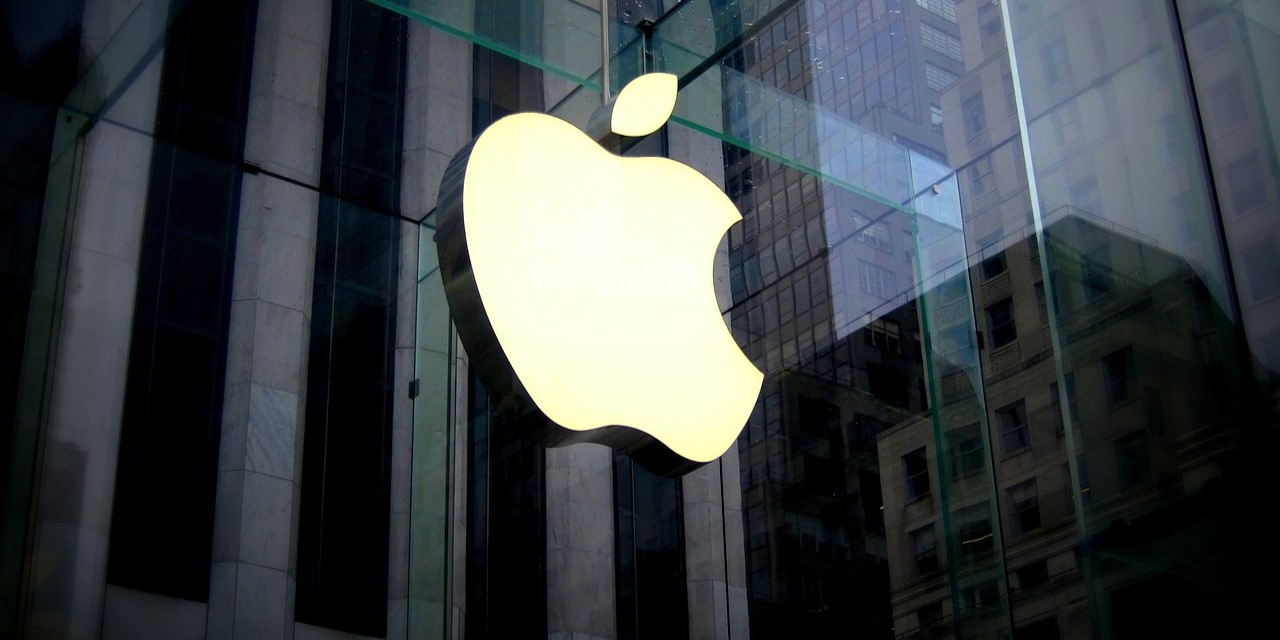The European Commission informed Apple on Monday that it preliminarily found App Store Rules to be in breach of the Digital Markets Act (DMA). Apple is accused of preventing app developers from freely steering consumers to alternative channels for offers and content. The Commission also opened a non-compliance procedure against Apple, concerned that its new contractual requirements for third-party developers do not ensure effective compliance with the DMA.
The DMA sets criteria to designate certain large online platforms as “gatekeepers” and establishes rules that ensure “they behave in a fair way online and leave room for contestability,” according to the EU.
On September 6, 2023, the European Commission designated Apple and several other large companies as gatekeepers. The Commission opened investigations into Apple’s rules on March 25, 2024. At the time, they also began investigating Google and Meta platforms.
The European Commission explained their three preliminary findings:
- None of these business terms allow developers to freely steer their customers. For example, developers cannot provide pricing information within the app or communicate in any other way with their customers to promote offers available on alternative distribution channels.
- Under most of the business terms available to app developers, Apple allows steering only through “link-outs”, i.e., app developers can include a link in their app that redirects the customer to a web page where the customer can conclude a contract. The link-out process is subject to several restrictions imposed by Apple that prevent app developers from communicating, promoting offers and concluding contracts through the distribution channel of their choice.
- Whilst Apple can receive a fee for facilitating via the AppStore the initial acquisition of a new customer by developers, the fees charged by Apple go beyond what is strictly necessary for such remuneration. For example, Apple charges developers a fee for every purchase of digital goods or services a user makes within seven days after a link-out from the app.
While these findings are currently unconfirmed, if the Commission is to find that Apple is in breach of the DMA, they would adopt a non-compliance decision within 12 months from the opening of the proceedings. If found guilty, Apple could be facing a fine as high as 10 percent of the company’s global annual turnover. The Commission already imposed a fine of €1.8 billion on Apple in March for abusing its dominant position in the market.
The Commission also has opened a third non-compliance investigation for contractual terms between developers and Apple to determine if they are in breach of the DMA. Mainly, they are investigating Apple’s Core Technology Fee, the multi-step user journey to download alternative app stores or apps on iPhones, and eligibility requirements for developers.
The investigations remain ongoing.


